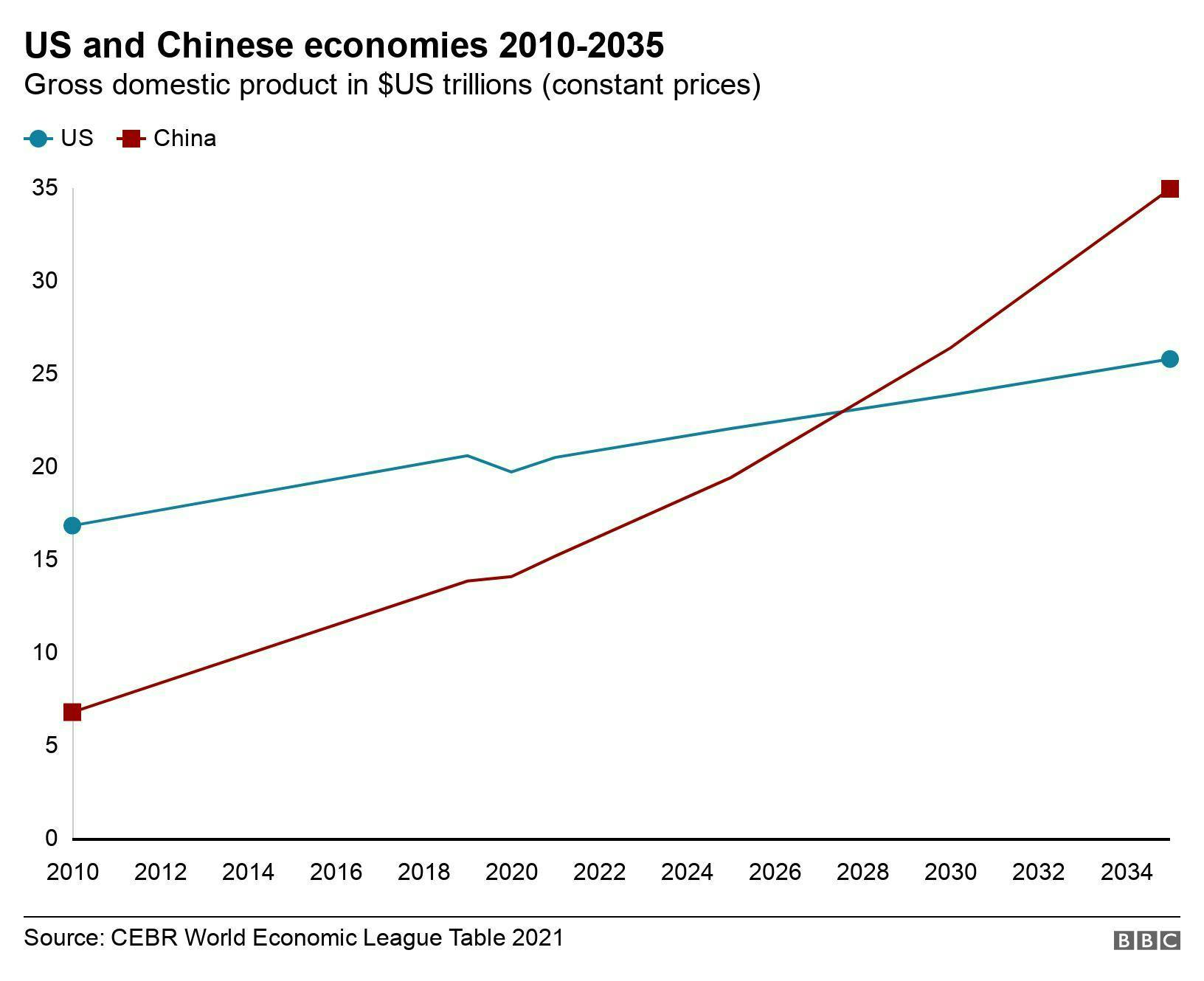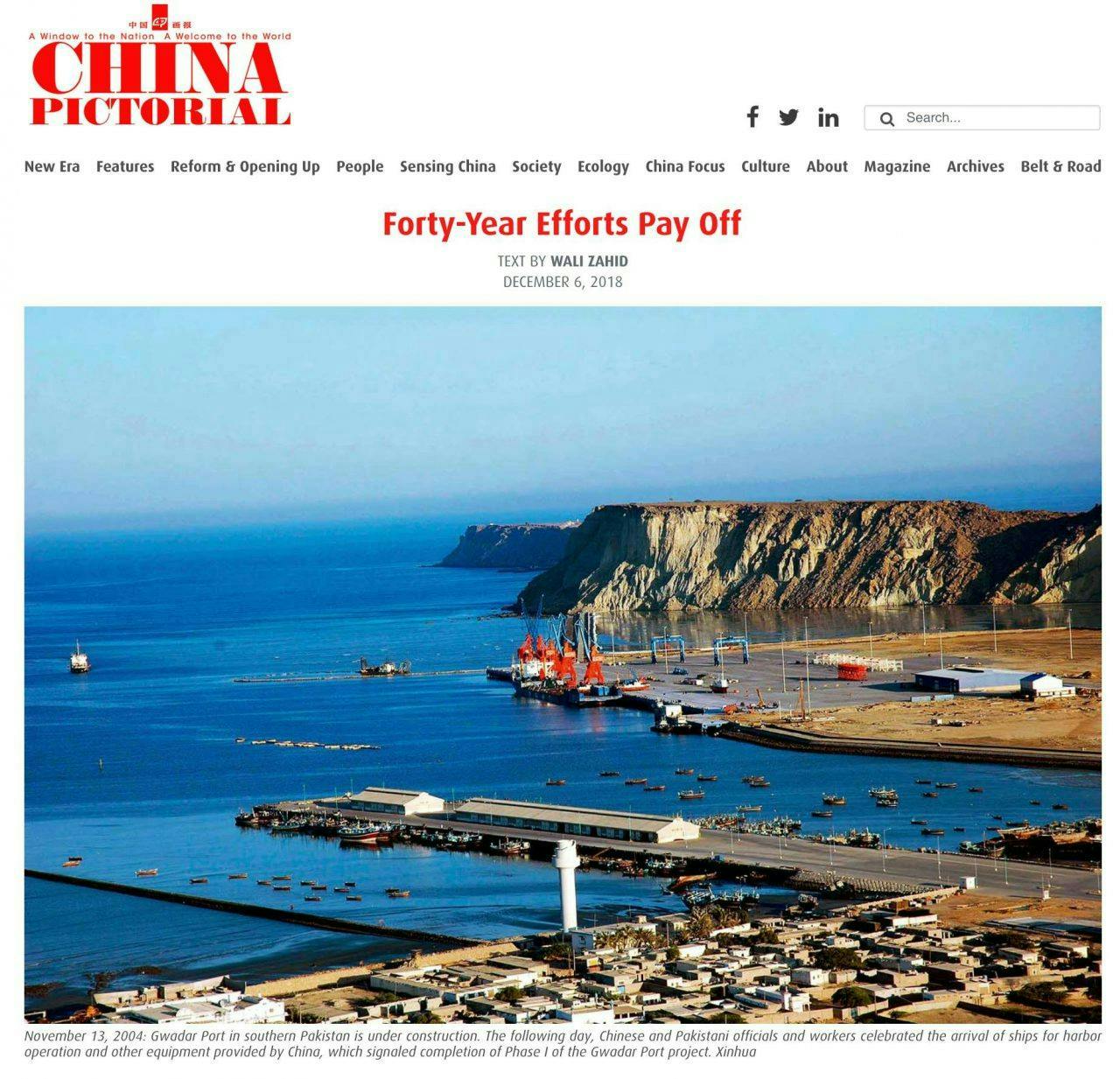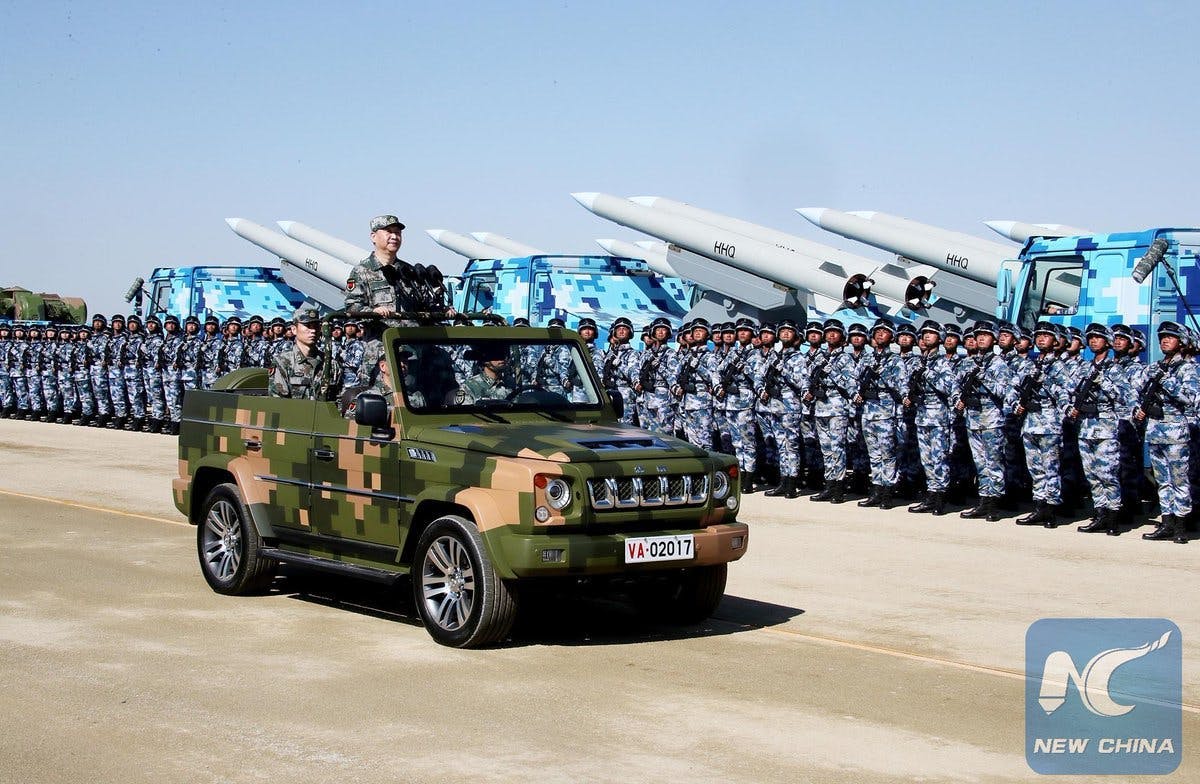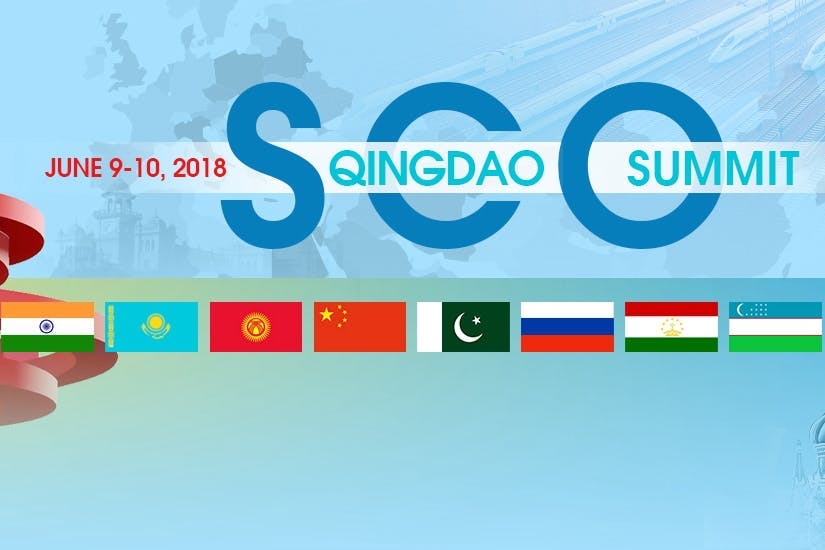In party vs army, leadership lies with CPC: Xi
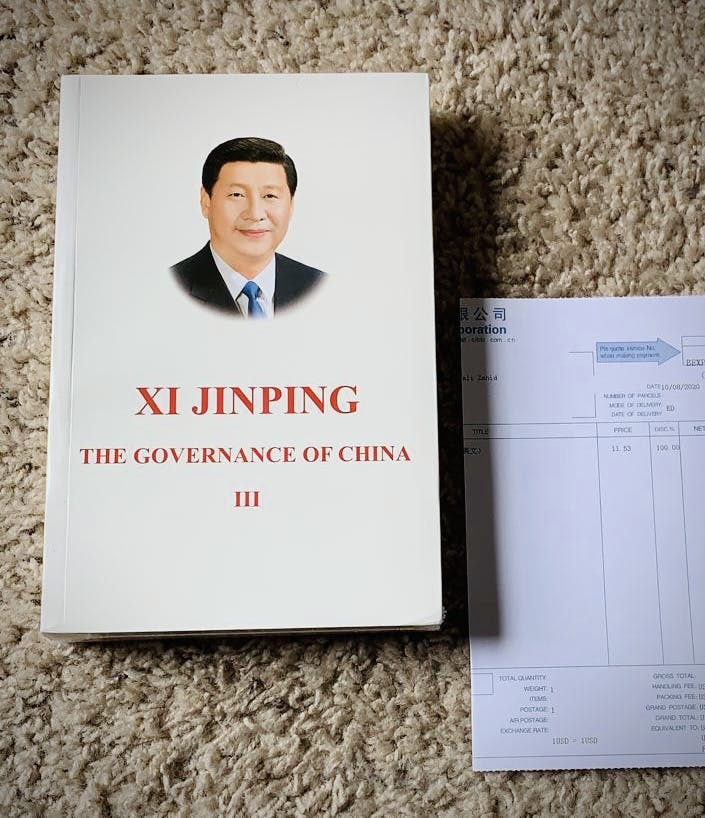
Recently I was on a visit to the USA when the third volume of Chinese President Xi Jinping’s book, The Governance of China, was published. One of my Chinese friends who work at the Chinese newspapers I occasionally write for was kind enough to courier me a copy to our Houston, Texas, address. The book took several weeks to arrive, reasons unknown, possibly because of the US-China trade tensions and the closure of China’s Houston Consulate by the US authorities. By the time the book arrived, I had already landed in Islamabad.
The volume makes such a fascinating reading that I wouldn’t want the learning remaining limited to me only. There’s so much we could learn from China’s experiences and its President Xi Jinping’s wisdom. Here’s my attempt in picking a nugget or two from his recent volume.
The third volume of The Governance of China, is a collection of 92 articles, speeches, etc, of President Xi Jinping between middle of 2017 and early 2020. In 19 sections it discusses topics ranging from national governance and China’s reform and opening up to global community.
The Governance of China
The 19 sections of The Governance of China include:
- Thought on Socialism with Chinese Characteristics for a New Era
- Overall CPC Leadership
- State System and National Governance
- The People as Masters of the Country
- Poverty Elimination and a Moderately Prosperous Society
- Further Reform
- All-Round Opening Up
- Risk Management
- High-Quality Development
- Socialist Democracy
- Chinese Culture
- The People's Wellbeing
- Harmony Between Humanity and Nature
- The People's Armed Forces
- Hong Kong, Macao and China's Peaceful Reunification
- China's Diplomacy as a Major Country
- A Global Community of Shared Future
- The Belt and Road Initiative
- Self-Reform of the CPC
As you will see, even the topic list is fascinating and shows the intellectual depth of Chinese leadership. For example, Xi’s choice of wordings demonstrate China’s internal assessment of their stage of growth and stature. Aspirational but realistic, Chinese leadership knows how to either raise expectations of the world and its population or manage these expectations. Examples:
Instead of painting as the next superpower as the mainstream US or global media does, Xi Jinping refers to China as a ‘major country’. Reference his June 22, 2018 speech ‘Break New Ground in China's Major-Country Diplomacy.’
Similarly, Xi does not just refer to continuing GDP growth as the only next aim but adds high-quality prefix. Reference his December 18, 2017 speech ‘China’s Economy: From High-Speed Growth to High-Quality Development.’
In China’s battle to combat poverty, Xi manages global expectation that China is not going to be next G7 or Europe any time soon. Unlike our Pakistani leaders who routinely call our cities’ future as next Paris, Xi portrays poverty alleviation efforts aiming at a moderately prosperous society. Reference his October 25, 2017 speech ‘Poverty Elimination and a Moderately Prosperous Society.’
So as a student of political science if you get the opportunity to go through this volume, you will come out much informed and become a visionary about nuances of China’s stride in becoming the next superpower, without saying these words.
Balance-of-power struggle
Another chapter that caught my eye was what Pakistan is going through at the moment: a balance-of-power struggle between civilian supremacy, led by PDM last year and the Pakistan military influence, since the inception of country in 1947. China once faced a similar struggle between who’s in charge: military or communist party? Xi’s clarity is worth considering.
While he emphasises military’s preparedness and combat capability, Xi Jinping’s emphatic words are worth considering: ‘The absolute Party [CPC] leadership over the armed forces must be upheld, the full and strict Party governance must be exercised.’ Reference his August 17, 2018 speech ‘Strengthen the Party's Leadership and Organizations in the Military.’
In another comment during Central Military Commission meeting, Xi said the primary task is to uphold the absolute CPC leadership over the armed forces. ‘The political building of the Party should be intensified to make sure that the whole military resolutely upholds the authority of the CPC Central Committee and its centralized, unified leadership, and resolutely obeys the command of the CPC Central Committee and the CMC.’
Xi also urged efforts to improve Party conduct and combat corruption in the armed forces. ‘The anti-corruption fight must be carried forward with firmness, and there will be no deviation.’
It was the same month when Xi ordered the country's military to get out of the kindergarten business and focus on fighting. The commercial landscape of Pakistan mirrors early days of China before his balance-of-power struggle took a decisive phase.
Only a year ago, speaking at the first-ever Army Day parade to celebrate the 90th anniversary of the People’s Liberation Army (PLA) at a remote Zhurihe Combined Tactics Training Base in northern China’s Inner Mongolia Autonomous Region, 400km from Beijing where 12,000 PLA troops took part - which this writer reported in this paper - President Xi issued a demand for loyalty, asking the troops to ‘unswervingly stick to the fundamental principle and system of the party’s absolute leadership over the army,’ ‘always listen to and follow the party’s orders,’ and ‘march to wherever the party points to.’
Xi’s anti-corruption moves in recent years have taken down several top-ranking generals, some of whom had grip on power for decades. Media today in Pakistan when free highlights similar cases of large-scale corruption which needs to be curbed. Only time will tell which direction we in Pakistan take.
A version of this article appeared in The Nation, Islamabad.
This article later appeared in several Chinese publications including China Today, China Pictorial, Beijing Review.

Wali Zahid
Wali Zahid is a longtime China watcher and a Pakistan futurist. An award-winning journalist, he writes on issues of significance to Pakistan and CPEC & BRI.
Related posts
